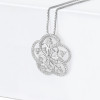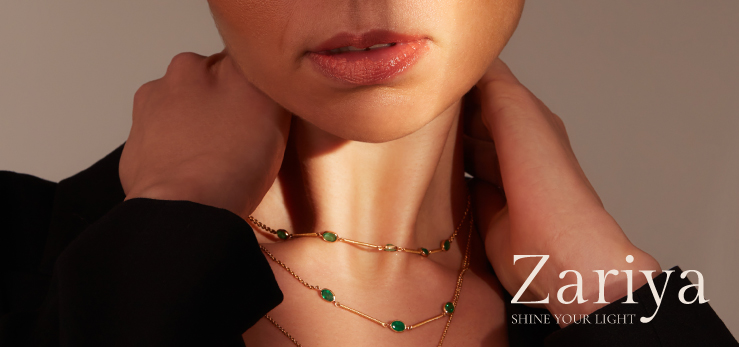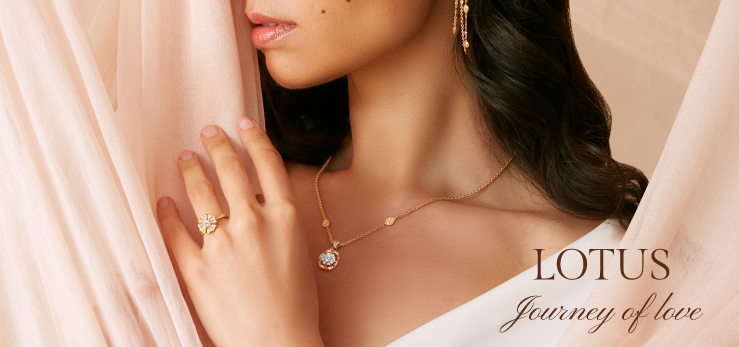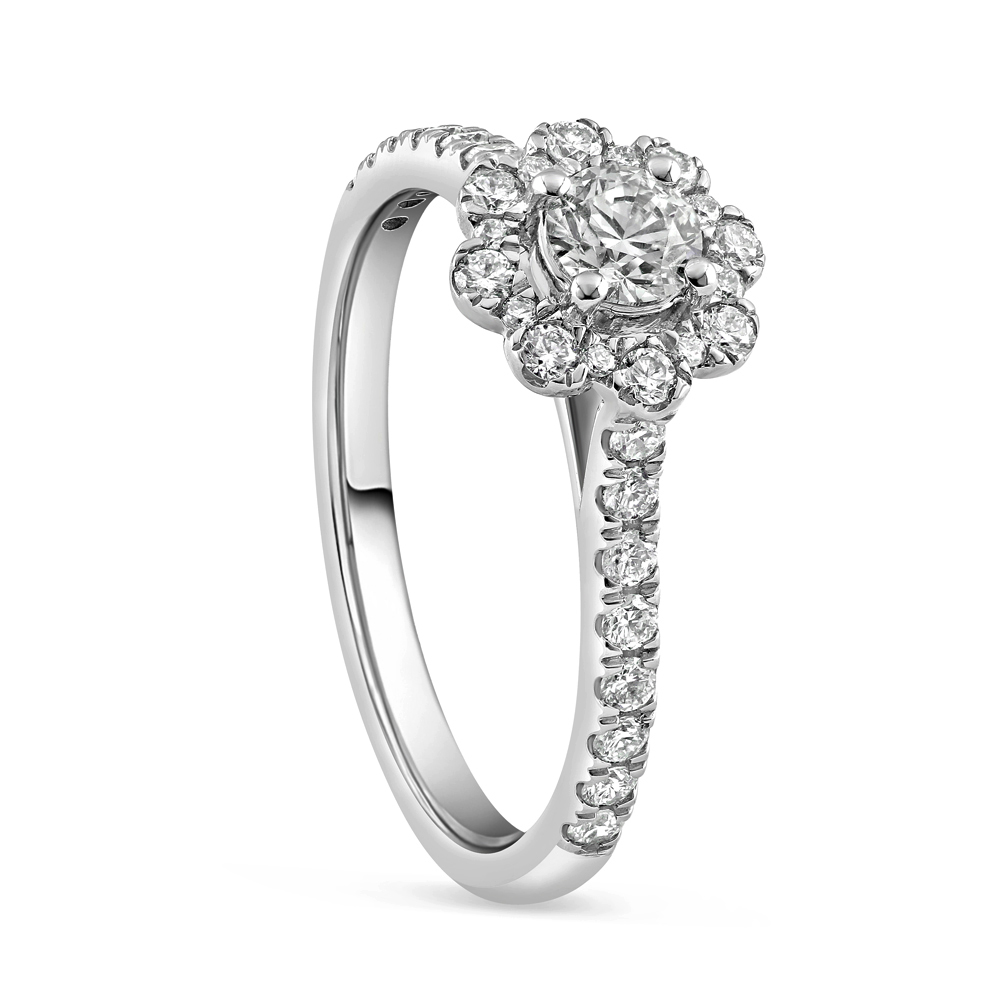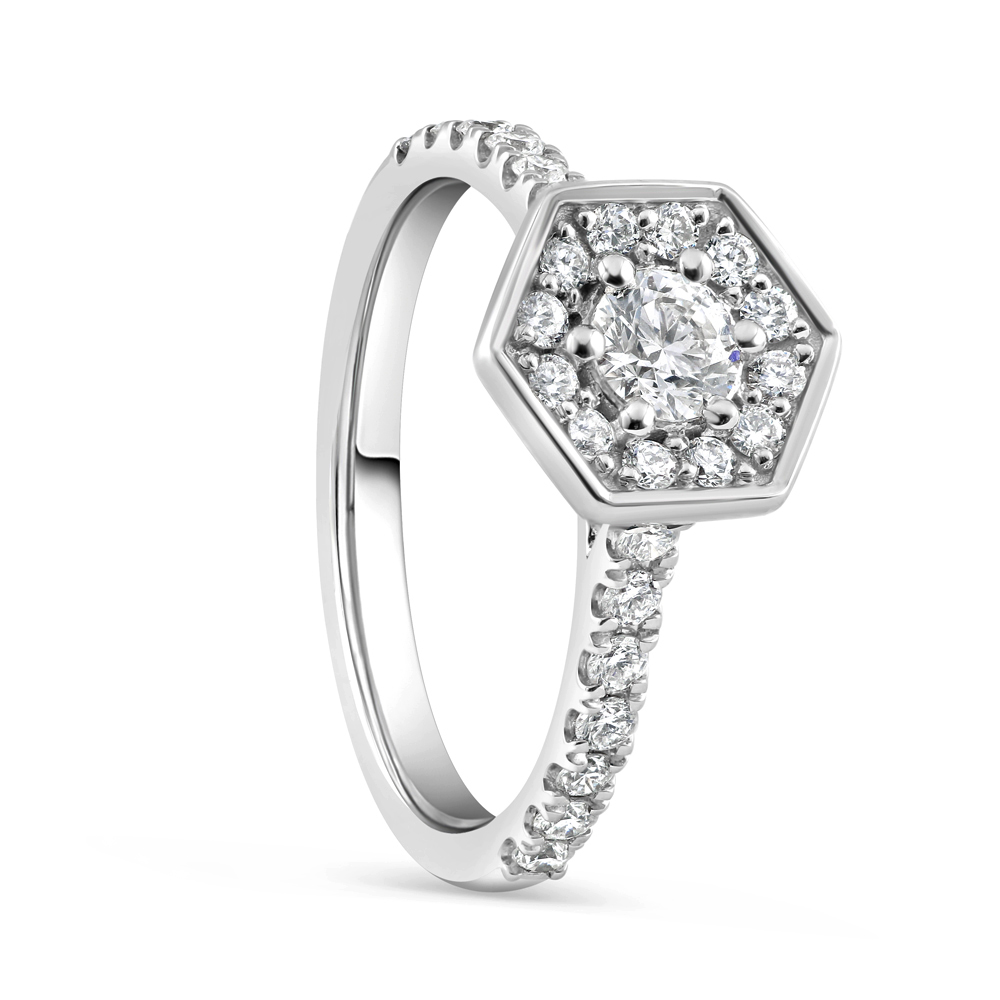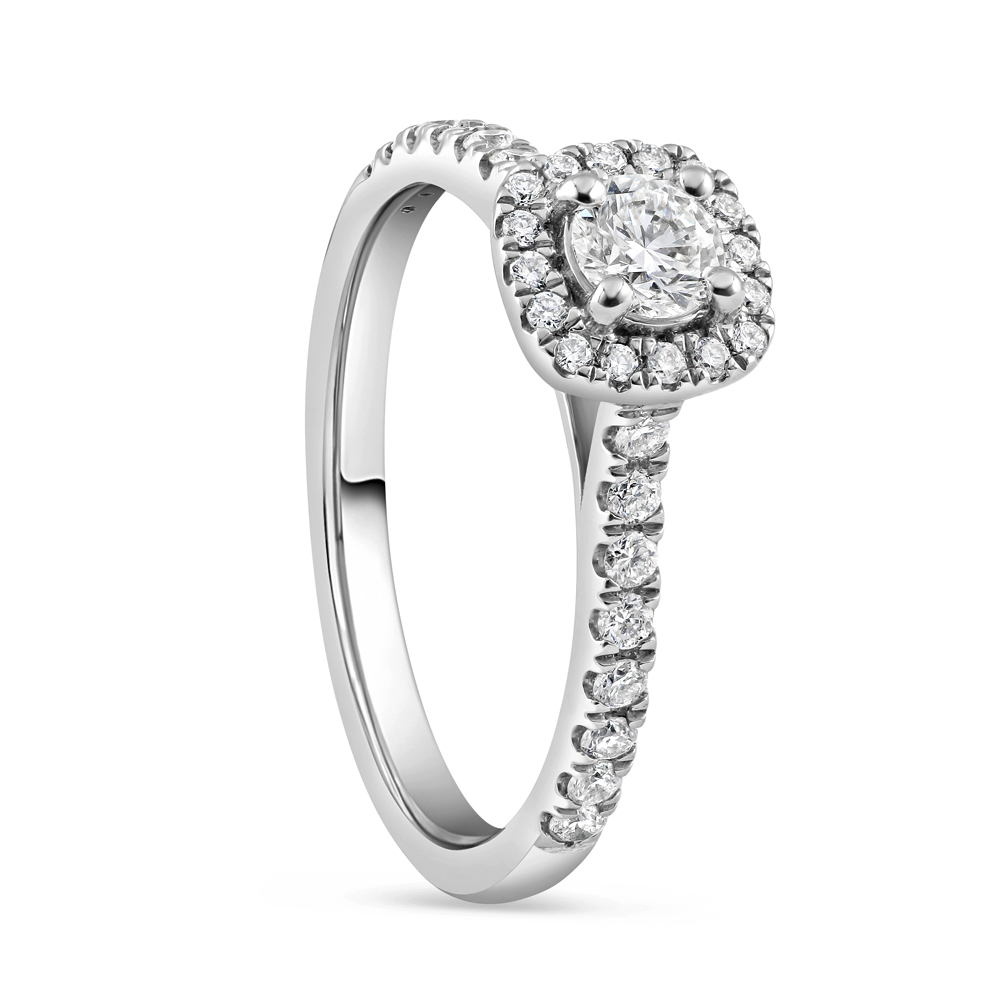Platinum Jewellery Maintenance and Care
One of the most exciting things about jewellery is its design and materials. Whether it is a gemstone, metal, or any other material, each one is special and helps create a unique piece of jewellery that you will cherish for years. Platinum is one of the metals used to create jewellery that has gained much popularity in the last few years. Platinum is known for its silver metallic colour and its strength and durability. Although it is more expensive than its counter precious metals such as gold and silver, the qualities of platinum make it a worthwhile and long-lasting metal. So it is not surprising at all that platinum is a favourite when it comes to wedding bands and engagement rings. We have compiled a guide on taking care of platinum jewellery and maintaining it to ensure it remains beautiful and shiny.
Why Regular Cleaning of Platinum Jewellery is Important?
Before we move on to why regular cleaning of platinum jewellery is essential, we must understand a few qualities of platinum that make it desirable. Platinum is a favourite because it does not tarnish over time. Although it does not fade, the minor scratches on it can lead the metal to develop a patina-like tint where scratched. However, this tint has a fanbase of its own and helps bring out a distinct shine of the metal. In addition, it is more resistant to chipping than gold. Despite all this, it is essential to clean platinum jewellery as dust or grease can still stick to it and accumulate over it. Regular cleaning ensures that the metallic shine of platinum stays fresh.
Furthermore, regular cleaning ensures the gems remain dirt-free if the platinum jewellery has gemstones. There is always a chance of dust accumulation in the prongs and grooves of such pieces. Therefore, regular cleaning is required to maintain the beautiful shine of platinum jewellery.
Regular cleaning of platinum jewellery can also help detect problems early on, such as loose prongs or gemstones, if any.
Professional Cleaning of Platinum Jewellery: When and Why?
We recommend that platinum jewellery should be cleaned throughout the year at home. However, we suggest all our clients bring their platinum pieces for professional cleaning, just like they would bring their other gold jewellery items.
You should bring in platinum jewellery for cleaning once a year for maintenance cleaning. This will ensure the piece stays true to its original shine and lustre. If you’re close to a special occasion, getting it professionally cleaned is also recommended.
A benefit of professional cleaning of platinum jewellery is that it can detect issues, such as wear and tear, loose prongs or gemstones, et cetera. Every cleaning requires a thorough inspection. With the cleaning, professional jewellers can point to issues which can be dire in future and help you repair them in time.
Some platinum jewellery is also mounted with precious gemstones. Professional cleaners know how to take extra care of gemstones, especially as it is a common practice for many gemstones to undergo enhancements to improve their appearance. This can include filling, oiling, et cetera.
What are Some Storage and Handling Tips for Platinum Jewellery?
There are various methods to properly store and handle your platinum jewellery to ensure its shine.
We recommend you keep your platinum jewellery separate from other items. Carefully wrap each piece in tissue paper and store it in a cool and dry place. This ensures that the jewellery pieces are not exposed to scratches. It is always best to store them in their original boxes. Remember always to keep your platinum jewellery away from products that contain chemicals. This includes keeping it away from perfumes and hairsprays.
We also recommend not wearing platinum while working out or swimming in any water body. In addition, avoid doing work that involves exposure to harsh chemicals such as cleaning products.
What are the Common Mistakes and Misconceptions to Avoid When Cleaning Platinum Jewellery?
Many people end up using abrasive cleaners, which can damage platinum. It can leave scratches and dents on it. While ultrasonic cleaners are the preferred method for many jewellery items, there are better methods for platinum jewellery. They can be too harsh for platinum jewellery and damage its surface. Ensure that the platinum jewellery has been rinsed thoroughly and dried correctly. It is also important to consider the gemstones mounted in platinum jewellery, as each gemstone requires different kinds of care and cleaning depending on its hardness, enhancement treatments, and brittleness. Avoid using toothpaste for cleaning platinum jewellery
Repairing Damaged Platinum Jewellery: What to Do?
The best thing to do in case of damage to platinum jewellery is to take it to a professional jeweller. Platinum is a rare and precious metal. It is challenging to work with. Taking it to a professional jeweller will ensure the proper care is needed. Jewellers have experience working with platinum and access to tools and equipment that can help fix it. They are also mindful of the gemstones that may be mounted in the piece and will take care of them. Remember to always be transparent with your jeweller whenever you bring in a damaged part. Your jeweller will note essential details before you after examining what has happened and explaining their next steps.
What are Some Differences in Caring for Platinum Jewellery vs Other Precious Metals?
Even though platinum is a precious and rare metal like gold, it has many differences. These differences are essential to understand so we can care for each piece accordingly. Despite that, it is necessary to note that all jewellery, regardless of its material, requires care and attention to keep its beauty ongoing.
Platinum is more durable than gold. This means it is more resistant to scratches and wear than other precious metals. Platinum jewellery does not tarnish. It can become dull and requires cleaning. However, it doesn’t tarnish like silver. The cleaning solutions that work for gold do not work for platinum. We must be mindful and not use the exact solutions for both. Due to its durability and strength, platinum compulsorily requires professional cleaning.




